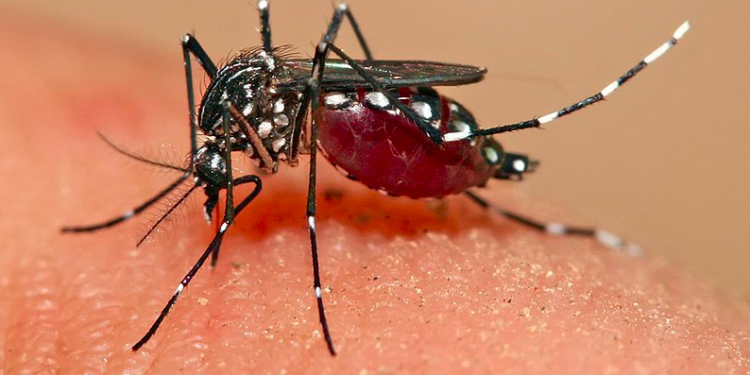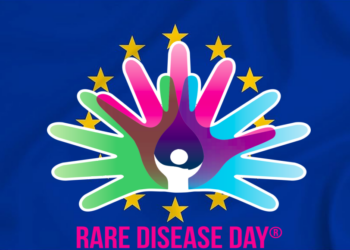Brussels – More dengue, the spread of malaria, West Nile disease: rising global temperatures become a health threat. In the climate change debate, attention is on environmental impacts, pressure on food security, and even social effects with the risk of new migration flows. But there is another aspect related to rising temperatures, and that is health.
The European Environment Agency (EEA), in its newly published climate risk assessment, turns the spotlight on the changing spread of diseases that are currently not very European but could become so. The point is that with new temperatures also come new conditions for circulation, proliferation, and resistance of diseases, the management of which is likely to weigh, and not a little, on national health systems and translate into new costs for states.
-
- Europe like the tropics: dengue
.The EEA warned that among the consequences of rising temperatures, “the potential duration of the dengue transmission season could increase by about 1-2 months by 2080 in southeastern Europe.” In the affected area, there would be “an additional population at risk of about 150-250 million, depending on the emissions scenario.” These future changes occur mainly at low altitudes, i.e., below 500 meters above sea level. Dengue, endemic in India, Southeast Asia, and Central America, produces fever, headache, muscle and joint pain, and a measles-like rash. In severe cases, it may require a blood transfusion, and that in some cases, it can be fatal.
- West Nile Fever (West Nile Virus)
Dengue is not the only new disease Europeans may have to learn to live with. The European Environment Agency warns that climate change projections predict an expansion of areas affected by West Nile Fever (or West Nile Virus, WNV), particularly in Western Europe, but not only. In the medium term (2050), they simulate an increased risk of WNV transmission, especially in southeastern Europe, northeastern Italy, and southeastern France.
Characterized by flu-like symptoms (fever, headache, fatigue, muscle aches), it can also lead, in severe cases, to meningitis. The problem with this disease is that there are currently no effective treatments to eradicate it permanently. Containment treatments aim at preventing it from leading to more serious consequences.
-
- Malaria, a European scenario
.A rise in temperatures could make Europe a breeding ground for malaria. A moderate increase in the duration of the malaria transmission season (1-2 months) is simulated in southeastern Europe by 2080 in areas of low population density. “These changes could lead to an increase in the population at risk of 200-250 million,” the EEA warned.
- Chikungunya, from Asia and Africa to Europe
It doesn’t end there. Temperature projections in climate change scenarios for Europe indicate “a moderate increase in climate suitability, particularly in central Europe” for Chikungunya, mostly in France and Italy and in areas surrounding the Rhine and Rhone rivers, but a decline in northern Italy near the Adriatic coast. Chikungunya is a disease endemic to India, Indonesia, and Madagascar. It produces high fever and muscle and joint pains stronger than an the ordinary flu. Tiger mosquito, now widespread in Italy, transmit the disease. There is no specific treatment, but a vaccine is under development.
English version by the Translation Service of Withub

![Somministrazione di un vaccino contro il morbillo [foto: Wikimedia Commons]](https://staging.eunews.it/wp-content/uploads/2024/02/misleas_vaccinations-350x250.jpg)




